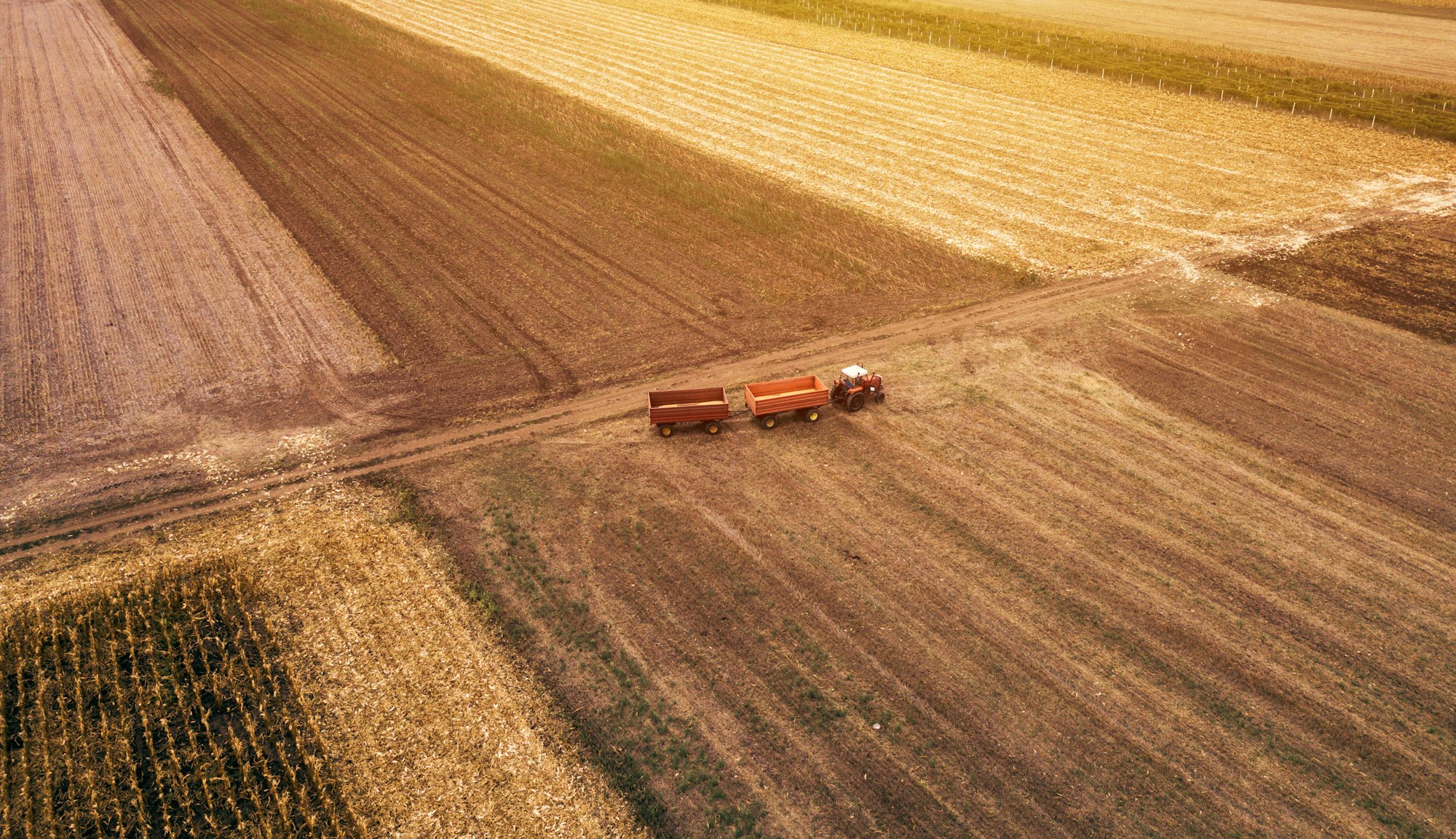Luís Montenegro’s government today committed itself to reprogramming the Common Agricultural Policy Strategic Plan (PEPAC) and strengthening the “political relevance” of the Ministry of Agriculture and the sector.
“Over the last eight years, the agricultural and forestry sector has seen public disinvestment. The ministry responsible for agriculture has gradually lost structures and the pace of investment from European funds has also slowed down. Communication with the sector has deteriorated and, in turn, the sector’s image among the public has been damaged by ignorance of the sector’s fundamental role in food production and effective contribution to economic, environmental and social sustainability,” reads the government’s program.
The government has therefore pledged to “resume the growth dynamic” of the sector and improve its income, guaranteeing “confidence and predictability”.
Among the measures known today are the resumption of the “political relevance” of the Ministry of Agriculture, led by José Manuel Fernandes, and the reprogramming of PEPAC, “simplifying procedures for beneficiaries”.
The government assured that it intends to enhance the “institutional functionality” of the ministry and its bodies, reinforce investment in research in the cork oak, stone pine and maritime pine sectors, consolidate the role of the Institute for Nature Conservation and Forests (ICNF) and bring animal welfare back under the purview of Agriculture.
On the other hand, it wants to review the career of nature wardens and enhance the career of foresters, strengthen the production of meteorological information needed by the sector, implement the plan for aquaculture in transitional waters and develop a communication strategy for the agriculture, forestry and fisheries sectors.
In terms of simplifying procedures, the executive advocates cutting red tape, introducing simplified cost regimes, reducing concept costs and speeding up licensing procedures for agricultural and forestry infrastructure on farms.
Among the measures set out in the government’s plan is the timely payment of aid to farmers, the reduction of the sector’s trade deficit, “by increasing exports, increasing the degree of self-supply […] and improving producers’ incomes”.
The executive also aims to create financial instruments for the capitalization of companies and the financing of projects in the agricultural, forestry and fisheries sectors, arguing that the European Investment Bank “will be called upon to play an active role” and contribute to the “strategic autonomy of the European Union” by strengthening the competitiveness of the sector, using the STEP – Strategic Technologies Platform for Europe program to attract investment.
In terms of water collection and storage, the government wants, for example, to invest in increasing the storage capacity of surface water, review the limits of public irrigation perimeters and “increase the amount of treated wastewater used in the primary sector”.
Finally, with regard to fisheries, the executive promised to support the decarbonization of the fishing fleet and support for the artisanal fishing fleet, improving working conditions and safety, attracting young people to the sector and facilitating public and private investment in ports and adjacent infrastructure.









